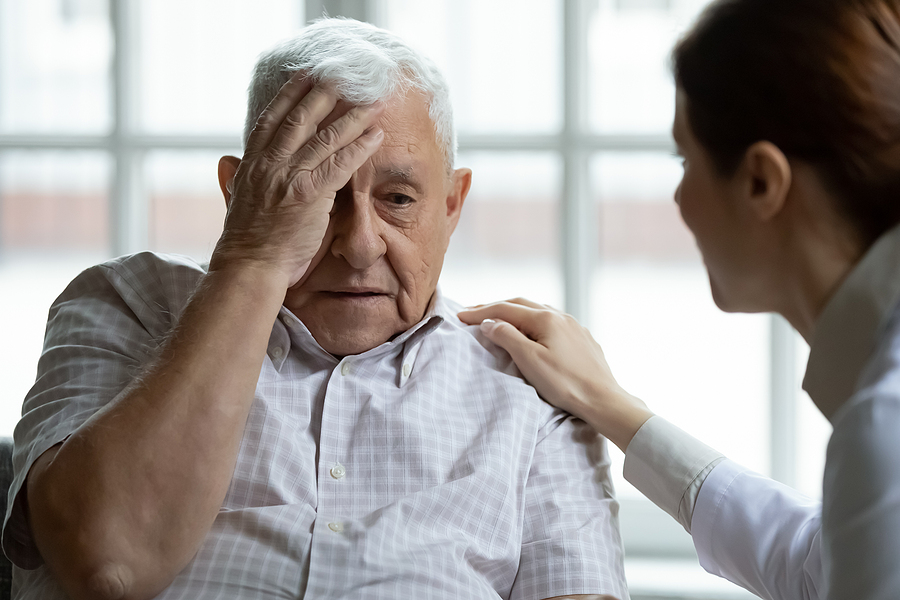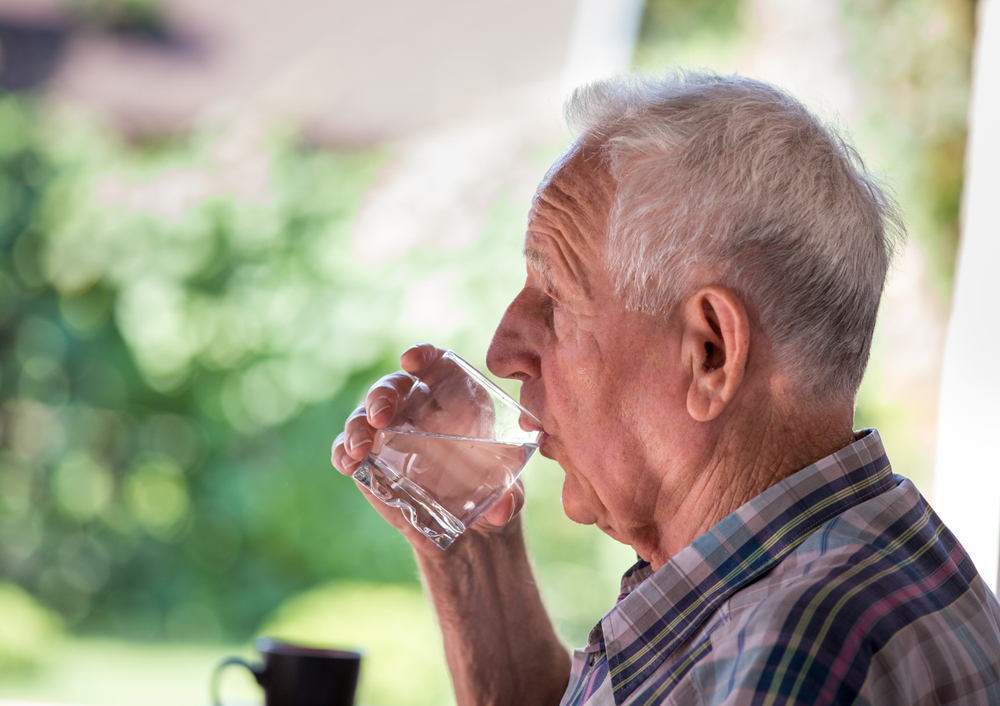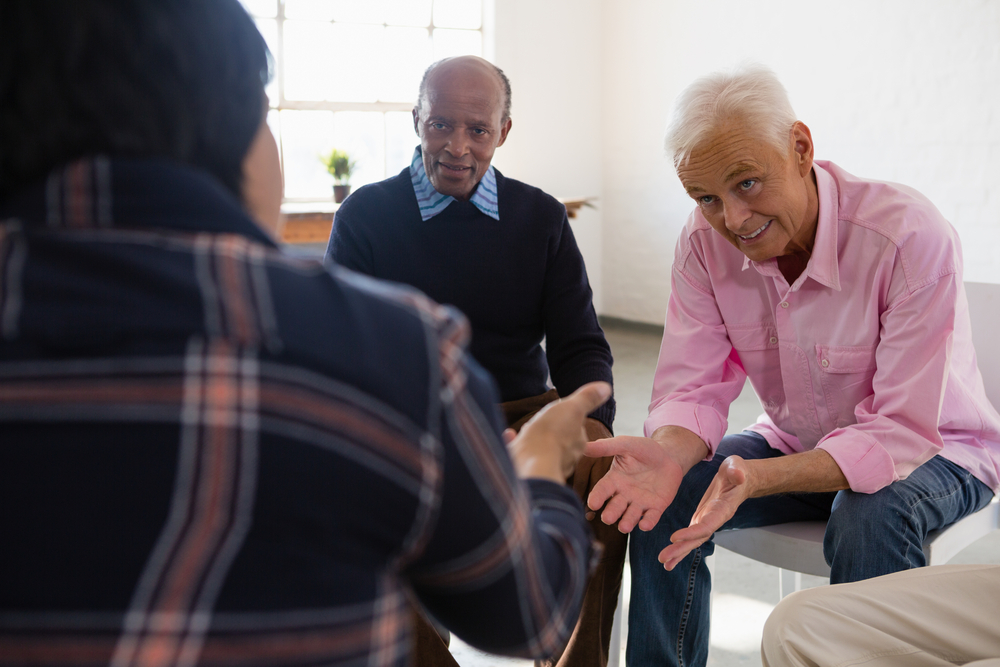Anemia in Seniors: Is Anemia Common in Elderly Adults?
Category:

When someone has anemia, it means they do not have enough red blood cells, or the red blood cells they do have do not have enough hemoglobin. A lack of red blood cells or hemoglobin means not enough oxygen is being circulated through the body. Unfortunately, anemia is fairly common in the elderly, affecting around 10% of seniors of age 65, and the percentage increases in older populations.
Signs and Symptoms of Anemia in Elderly Adults
Signs and symptoms of anemia often mimic signs that people generally consider simple results of old age. They include:
-
Fatigue
-
Weakness
-
Dizziness
-
Shortness of Breath
-
Headaches
-
High heart rates
-
Low blood pressure
Download Our Congestive Heart Failure Guide
Luckily, anemia is easy to spot with a simple blood test that most adults have as part of their yearly physical.
Causes of Anemia in the Elderly
Anemia can happen to anyone at any age, but what causes anemia in the elderly? The two main causes of anemia are problems producing red blood cells, or problems losing red blood cells. Some of the causes of red blood cell issues can be:
-
Liver and kidney disease
-
An iron deficiency, which can be caused by a lack of meat in the diet or bleeding due to an ulcer.
-
Lack of B12, a vitamin essential to producing red blood cells.
-
Chronic inflammation.
-
Chemotherapy, which affects the bone marrow where red blood cells are produced.
If your doctor notices a lack of red blood cells in your blood tests, he or she may order follow-up tests to determine the reason. Knowing why the red blood cell count is low can help determine the next steps.
Treatment for Anemia in the Elderly
Treatment for anemia is based on the underlying cause. Anemia due to iron deficiency is generally helped by an iron supplement. Anemia caused by a chronic illness is helped as the illness is treated. Sometimes making a change in diet can help with symptoms of anemia. A healthy diet for anemia in the elderly includes meat and poultry, seafood, nuts, beans, seeds, and iron-rich vegetables like spinach and peas.
How Serious is Anemia in the Elderly?
Anemia in seniors is serious in the sense that it often points to an underlying condition, like a bleeding intestine or ulcer. If your doctor mentions your red blood cell or hemoglobin count is low when reviewing your lab results, be sure to ask follow-up questions like what could be causing it. Some studies have found that anemic seniors are more likely to lose physical abilities, experience functional decline, be hospitalized, and be admitted to nursing homes compared to seniors without the condition.
Since anemia is common in elderly adults, if you feel like you or your elderly loved one are experiencing any symptoms, it is worth checking in with your doctor at your next physical. Be careful not to blow off feelings of fatigue or weakness and excuse them as just getting old. It is always worth finding out if anything can be done to help you feel your best.
Subscribe
Date: August 10, 2021
Category:


